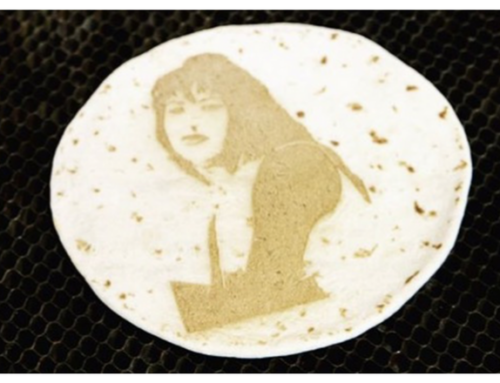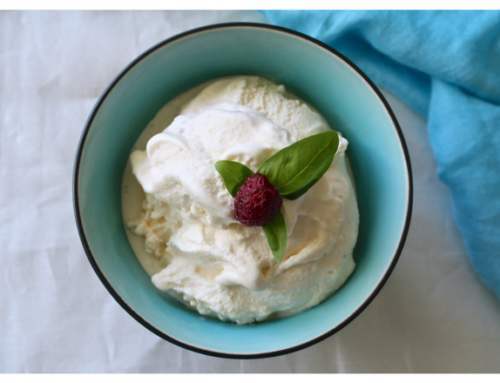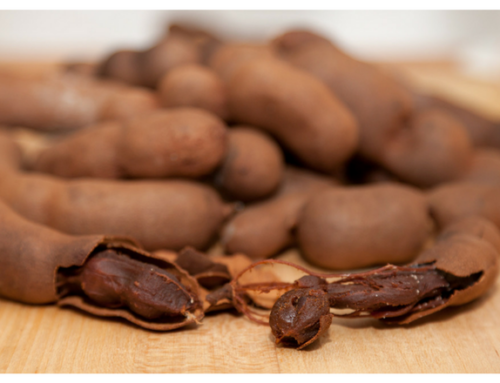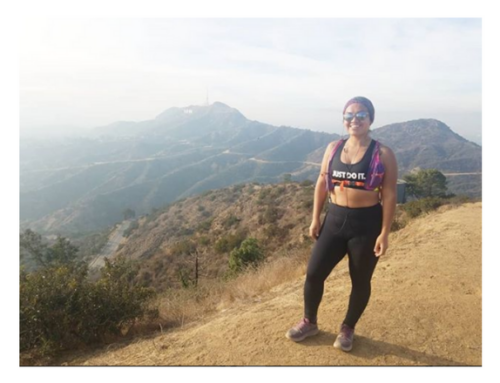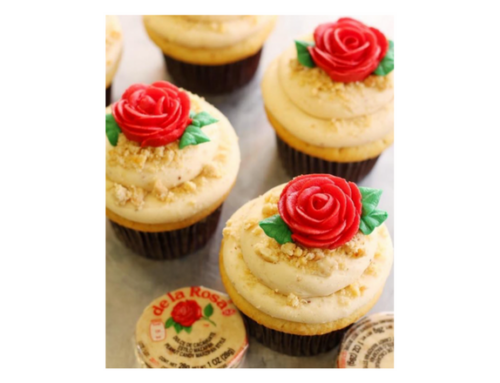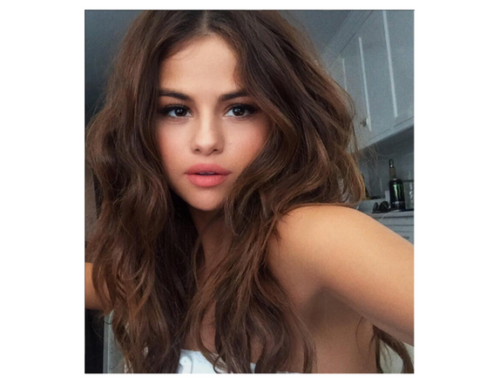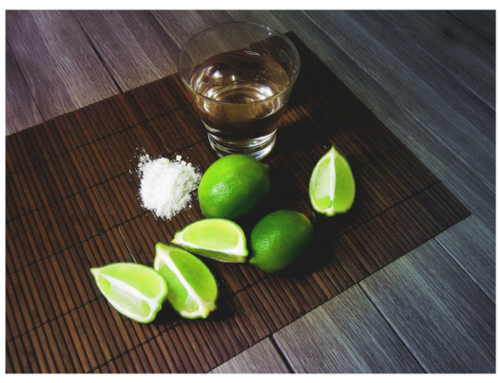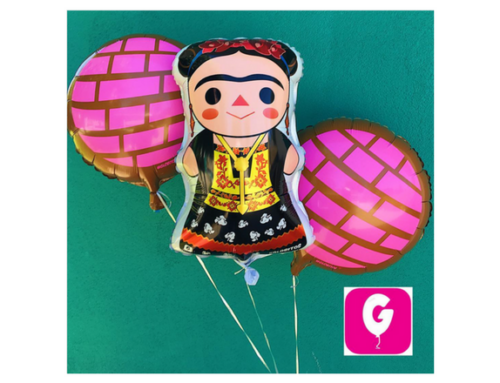If there's something that seems faintly familiar upon entering the chocolate boutique, MarieBelle, in New York's SoHo neighborhood, it's probably because you feel you just wandered into Vianne Rocher's chocolaterie from the 2000 movie, “Chocolat.”
There's the same warm blue and cacao brown color scheme with gilt accents; the similar use of oversized apothecary-style jars and glass vitrines; and a friendly, attractive proprietor with class and style.
There are other similarities (they both make a delicious, thick cup of hot chocolate), but there are differences, too. Vianne Rocher is French. Maribel Lieberman is Honduran. And where Rocher's restless, wandering nature compels her to close up shop and relocate every few years, Lieberman's peripatetic tendencies result in the continual expansion of her sweet empire.
Her flagship SoHo store, established in 2002, remains popular among repeat and new visitors more than 10 years after it opened, in spite of the occasionally lagging economy and ever-increasing Manhattan rents. And in the decade-plus she's logged in the chocolate business so far, Lieberman has managed to corner the chocolate market in another expensive location, Japan, where she has established several MarieBelle boutiques.
Lieberman didn't set out to become a chocolatier. She originally came to New York to study fashion at the Parsons School for Design. She completed her degree and then spent three years in the industry — “illustrating mostly,” she says — before pivoting to the culinary arts and propelling herself into a new career by starting a catering company that would eventually morph yet again into the chocolate venture.
Next, how Maribel gives back… [pagebreak]
All of her experiences, skills, and contacts came together when she opened MarieBelle, the SoHo 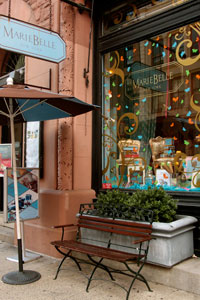
The inventory of chocolates and chocolate-inspired products is vast for a boutique, with everything from chocolate rose tea (surprisingly strong, and an excellent alternative to cocoa), which you can order in the shop's luxurious Cacao Bar café, to the shop's bestsellers: a sweet selection of chocolates dipped in ganache and finished with whimsical and often complex designs, many of them created by her husband, the visual artist Jacques Lieberman.
“They are very different from other chocolates,” Lieberman says, “very colorful.” Each of the chocolates has a flavor, a name, and a story; the one most representative of Lieberman's own story might be “Flying.” Painted with the image of a woman suspended by a parachute, flying over skyscrapers, the cinnamon chocolate is accompanied by a poem: “Oh my New York, New York! You are my hero. You are my inspiration. Your buildings, your cultures. There's no place on earth where one can meet many countries in one city. I love flying over you.”
And fly she does, from SoHo to Greenpoint, to Japan, and back to Honduras. Though Lieberman stays busy keeping tabs on all her chocolateries, she still manages to make time to help others. Particularly given the situation with persistent violence and unemployment in Honduras, she says, it's important to her to return to her homeland frequently in order to inspire others with her own story of entrepreneurship.
One of the ways she does this is by giving talks, including a recent commencement speech intended to motivate young, smart Hondurans who might want to open their own businesses. She offers practical advice when she can. Choosing to locate her new factory in Honduras as opposed to a neighboring country that produces more cacao is another way to give back. “Honduras produces 1,500-2,000 tons of cacao a year,” she says. By supporting Honduras' cacao economy, Lieberman hopes that she might be able to re-stimulate this industry, which was once among the country's most important industries.
But it's New York that is Lieberman's inspiration, and despite plans to grow her Japanese business, partly through franchising and licensing, and to open the cacao processing factory, her next big project is launching Cacao Market by Maribel. The more casual chocolate boutique, which Lieberman describes as rustic and artisanal, is intended to evoke the geographical roots of chocolate, including Honduras. Cacao Market is slated to open in Brooklyn on December 2.
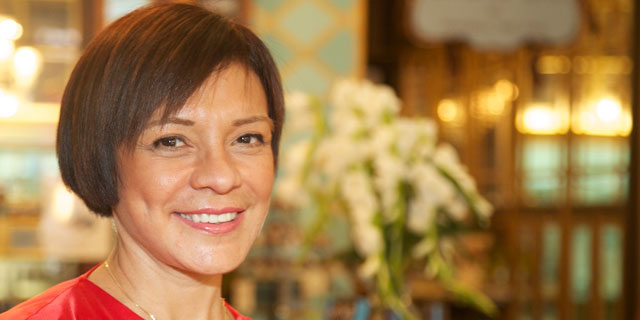
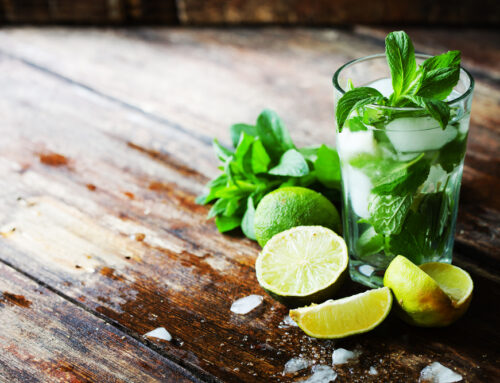
![Making Mealtime Matter with La Familia: Easy Sofrito [Video]](https://thelatinkitchen.com/wp-content/uploads/2015/10/sofrito-shutterstock__0-500x383.jpg)
![Easy Latin Smoothies: Goji Berry Smoothie [Video]](https://thelatinkitchen.com/wp-content/uploads/2015/12/goji_berry-shutterstock_-500x383.jpg)
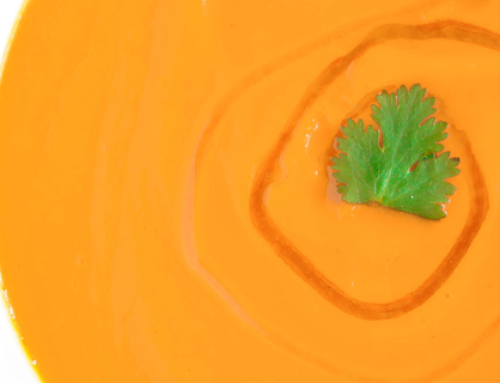
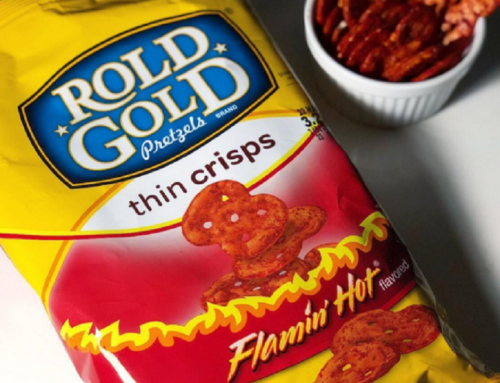
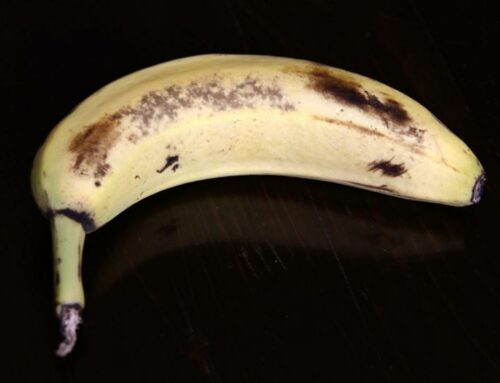
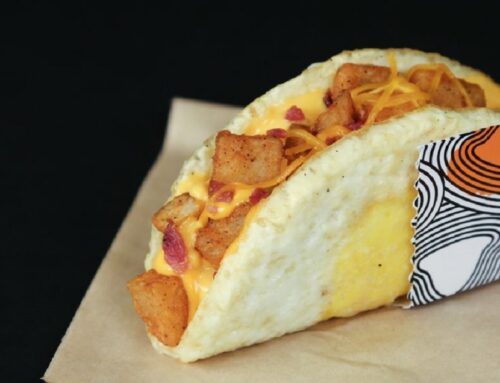
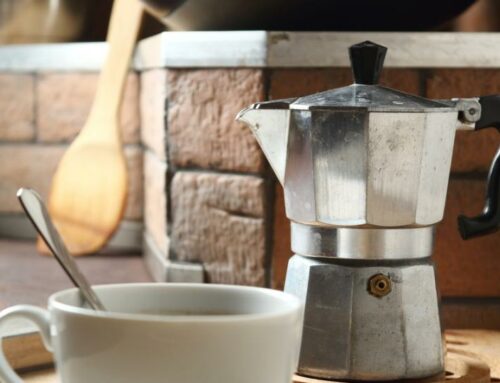
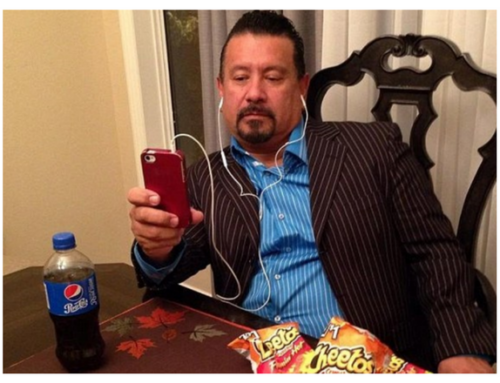
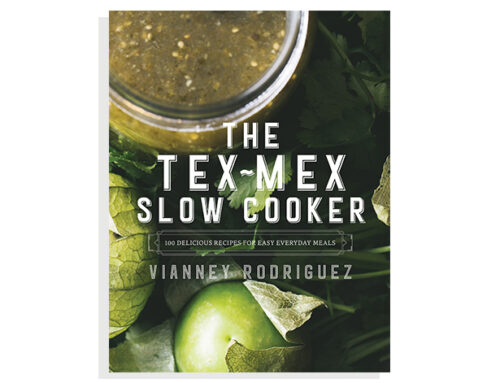
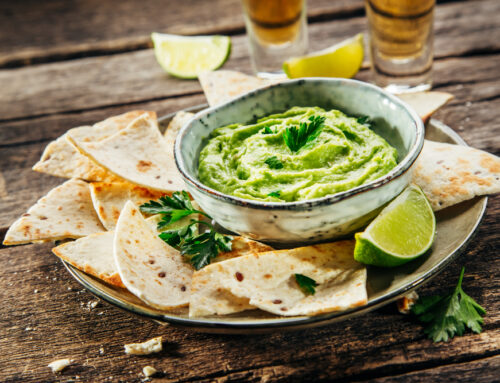
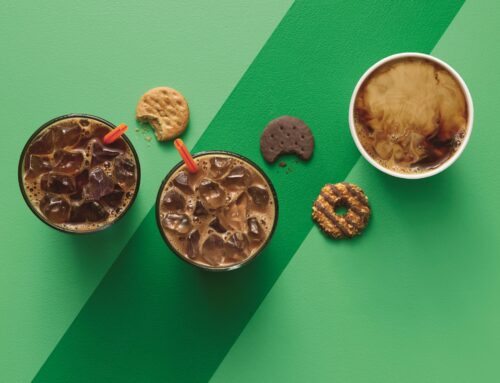
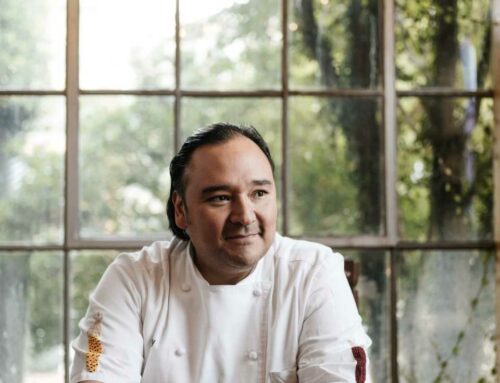
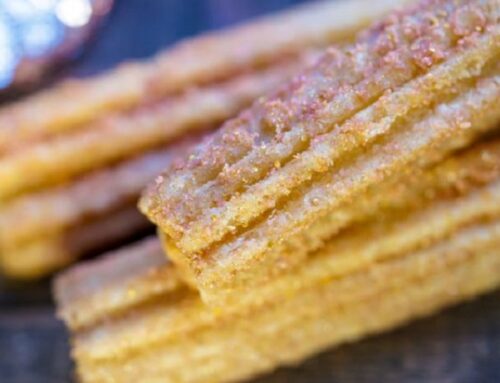
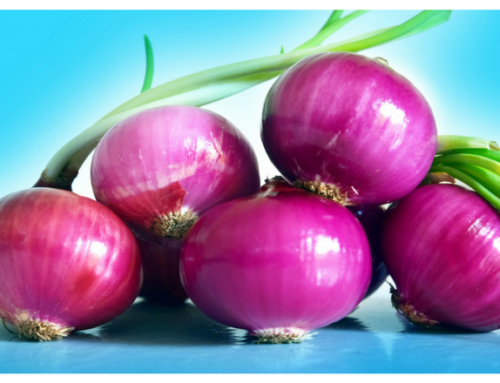
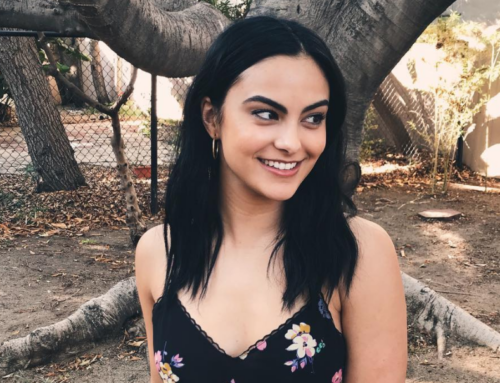


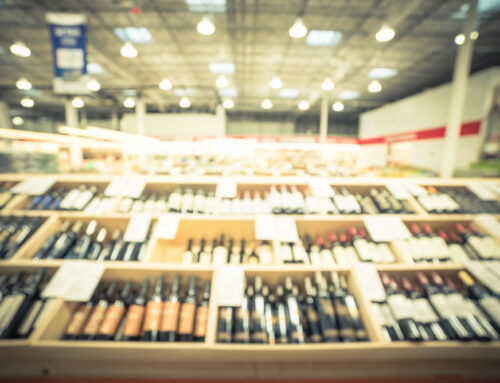
![Fun and Fast Recipes: Fiesta Cabbage Salad [Video]](https://thelatinkitchen.com/wp-content/uploads/2015/11/fiesta_cabbage_slaw-shutterstock_-500x383.jpg)
